Most organisations start at 60% compliance when we audit them
Most employers and government registers are blind to 27% of the workforce
1 in 434 workers will be flagged as revoked or suspended during ongoing monitoring
Automated continuous verification as often as every 7 days
The dangerous truth
Verification usually happens once - only at recruitment - and then maybe once a year, or worse, never again.
Between hiring someone and their ongoing employment, credentials can expire or change status.
Registrations are cancelled. Checks can be revoked. Visa status changes. NDIS worker screening check expires.
But unless you're manually checking government portals every week for every employee, you won't know until it's too late.
Here's how Oho Fits in
Oho connects to 23+ government registers to verify right-to-work credentials continuously across the employee lifecycle from recruitment to ongoing. Know your organisation is suitable and compliant with near real-time alerts, audit trails, and reduced manual admin.
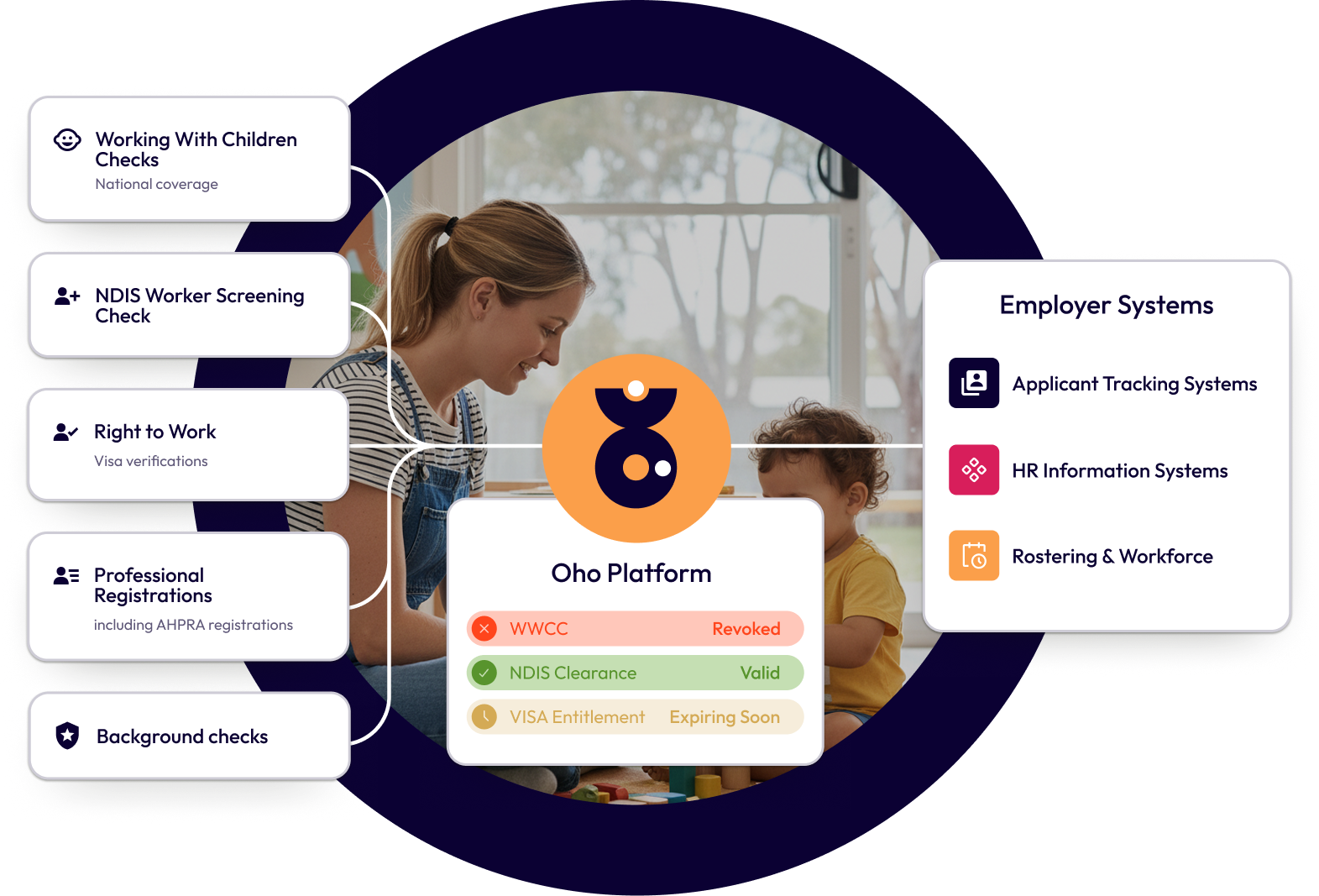
Purpose-Built for Organisations That Protect Vulnerable People
Different sectors face different compliance challenges. Oho understands the nuances—from NDIS quality standards to childcare regulatory frameworks to aged care accreditation requirements. Select your sector to see how Oho solves your specific challenges.
Recruitment Screening Isn't Enough. Here's What Happens After Day 1.

Working with Children Checks expire. Teacher registrations lapse. First aid certifications run out. Unless you're tracking 23+ different expiry dates for every employee, credentials expire unnoticed—leaving you non-compliant and exposed.

NDIS worker screening can be suspended. WWCC can be revoked. Aged care clearances can be cancelled. Government registers update daily—but your records don't. Oho monitors continuously and alerts you the moment something changes.

"Show me your workforce is compliant." Can you prove every credential for every employee is current? With Oho, your audit trail is permanent, timestamped, and always ready. No scrambling. No gaps. No stress.
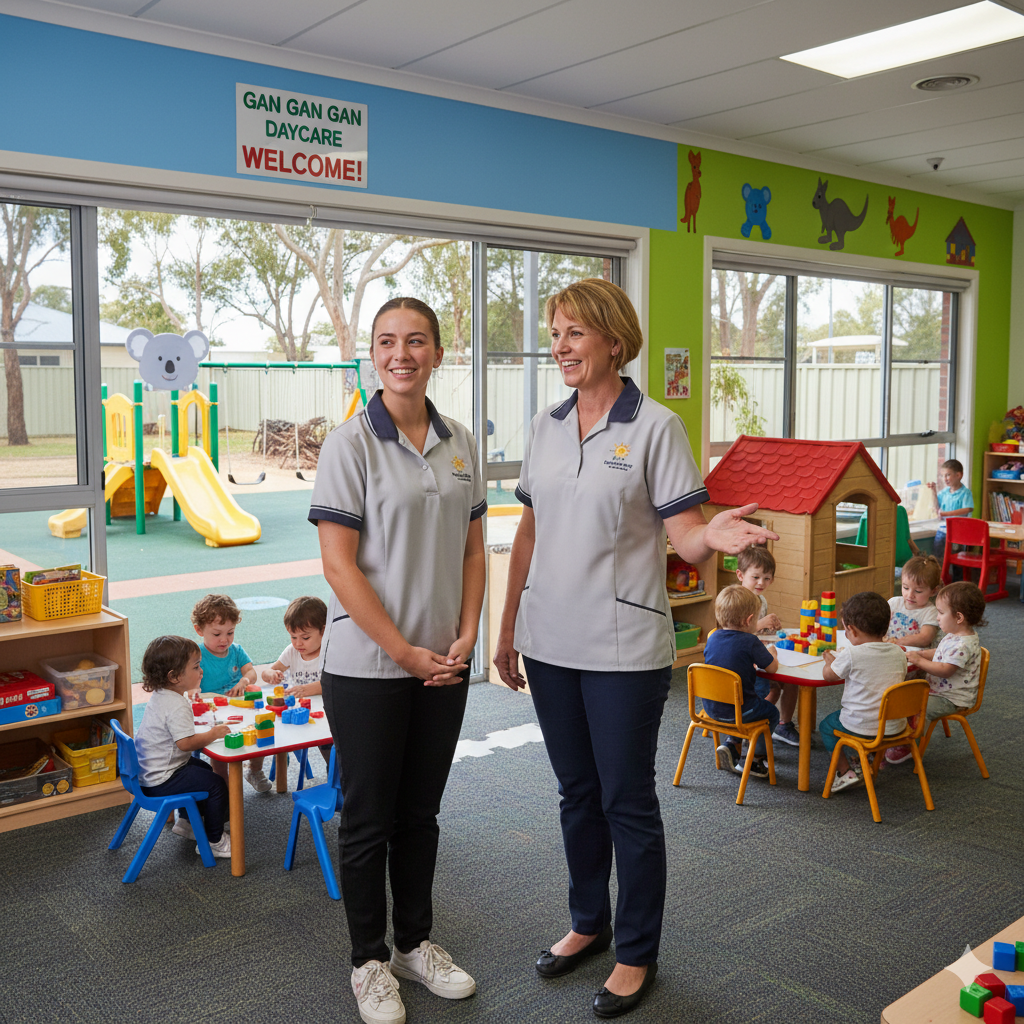
Five Reasons Oho Is Australia's Only Continuous Workforce Safeguarding Platform



The Transformation:
Day 1: 60% compliant (average starting point)
Day 7: 99% compliant (after Oho monitoring begins)
Every 7 days after: Maintained compliance with zero manual effort

Proof It Works: 570 red flags detected across 220,000 workers. That's 570 unsuitable workers removed from vulnerable environments.

ROI: 2-3x return on investment typical
Time Saved: Hours per week eliminated from admin burden
Accuracy: Zero human error in monitoring

Trusted By: 140+ organisations
Protecting: 3.9 million vulnerable Australians
Covering: 5 high-stakes sectors
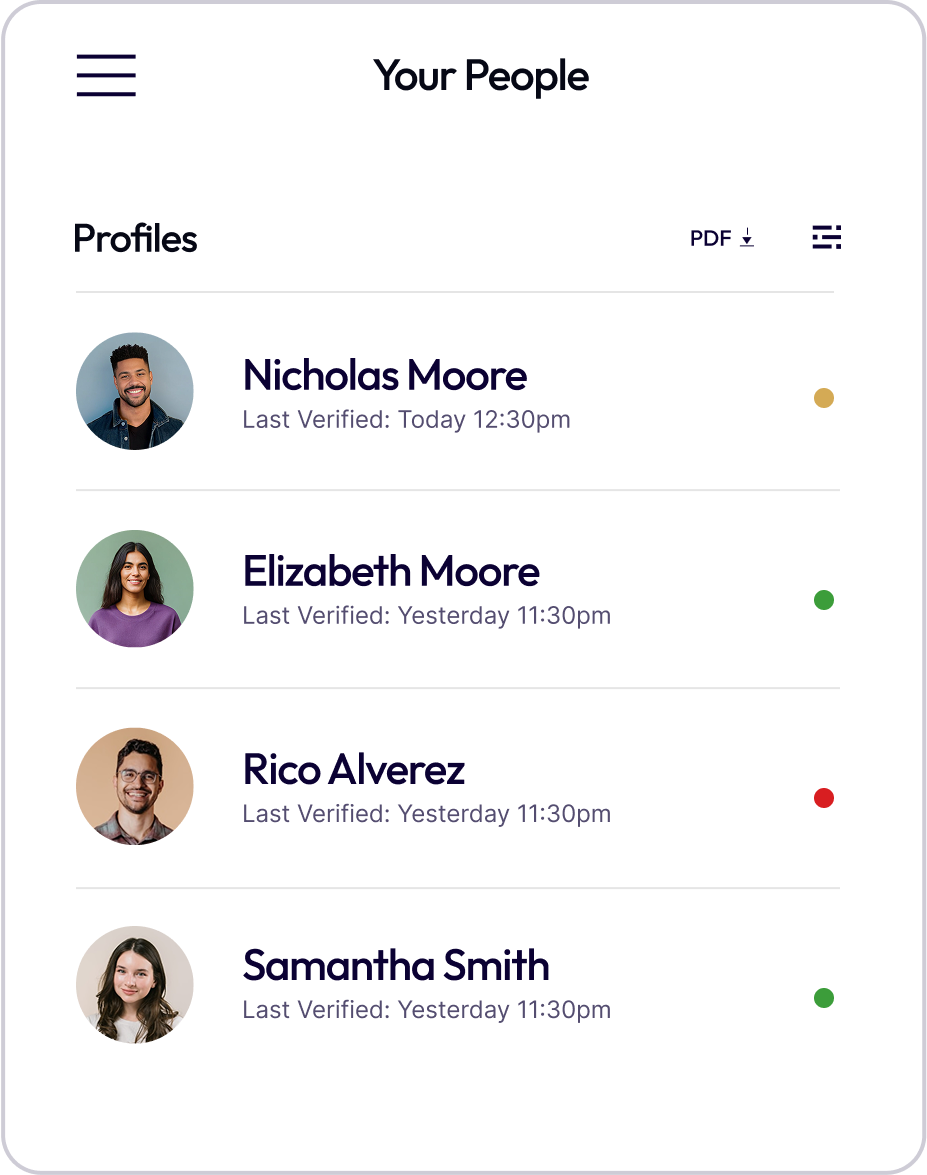
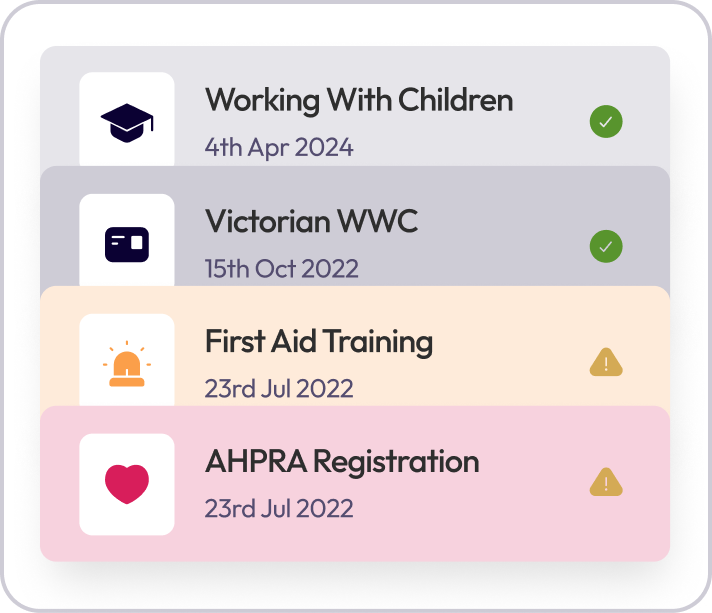

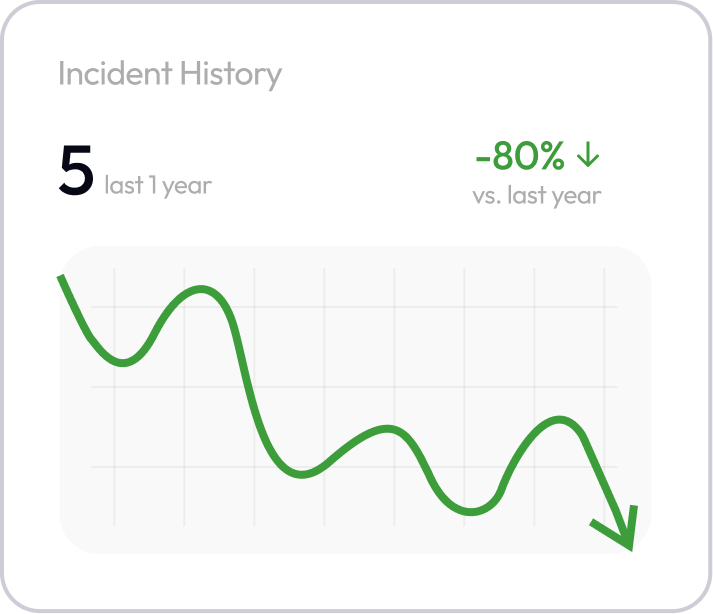
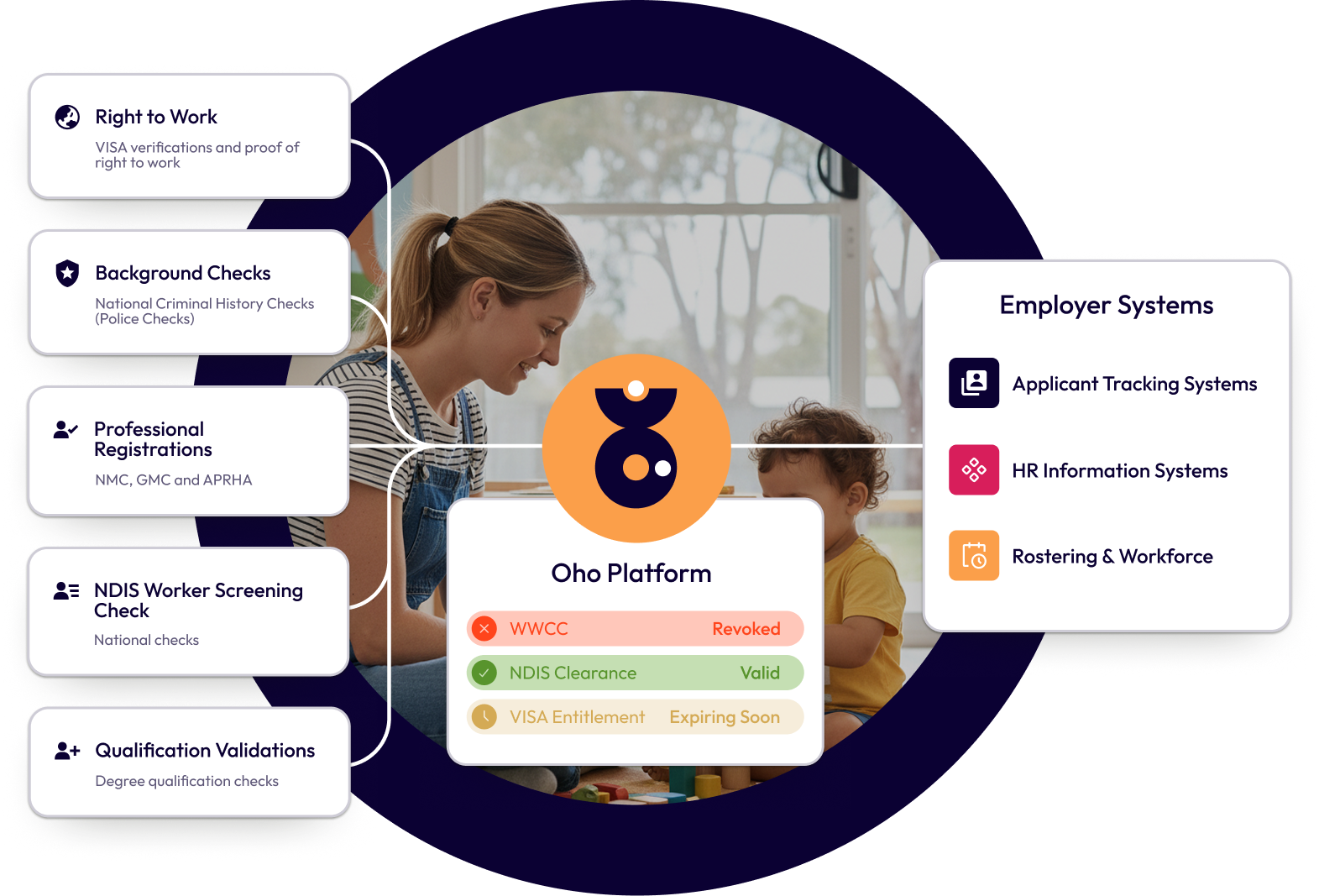

.avif)
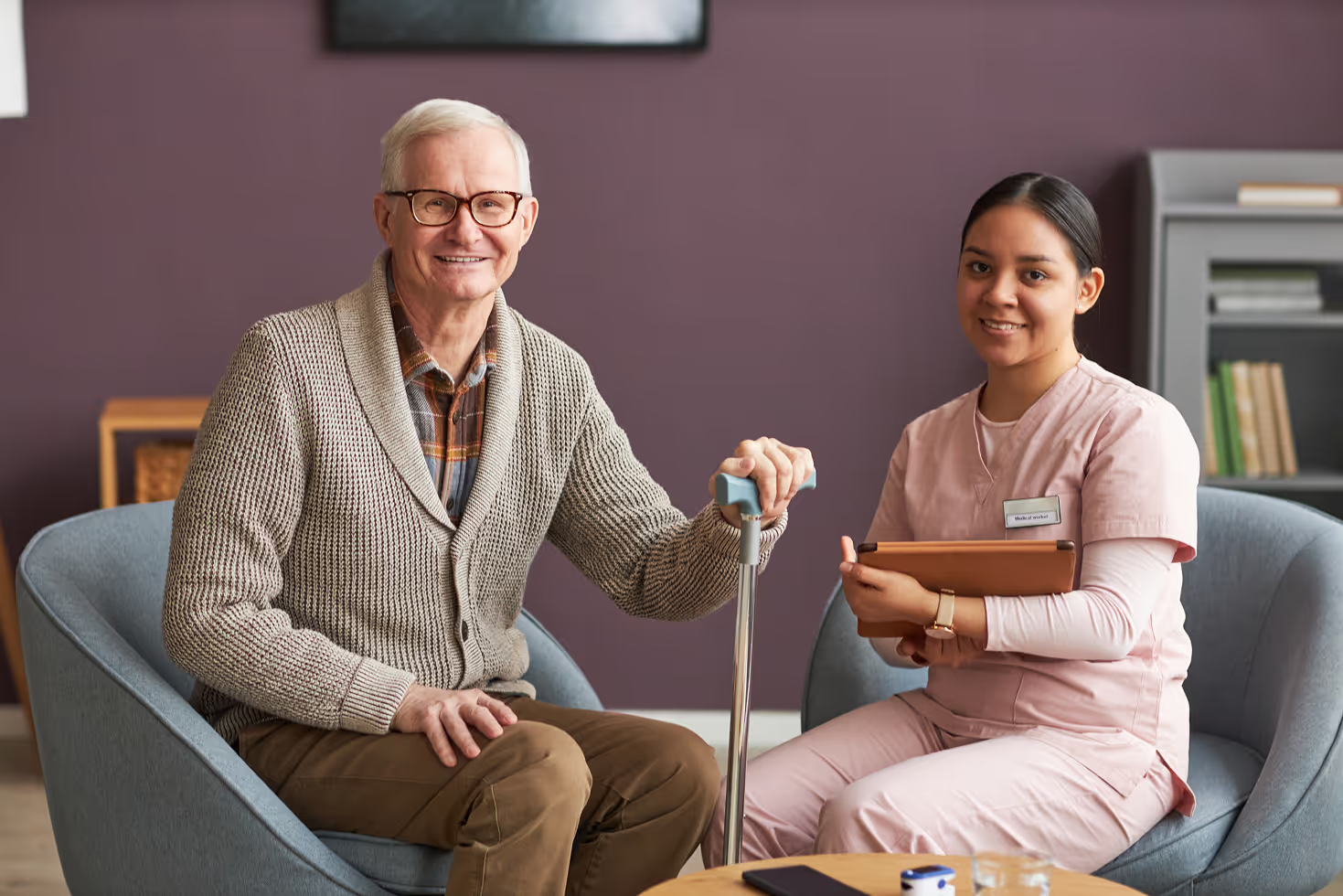

.avif)
.avif)














test.png)